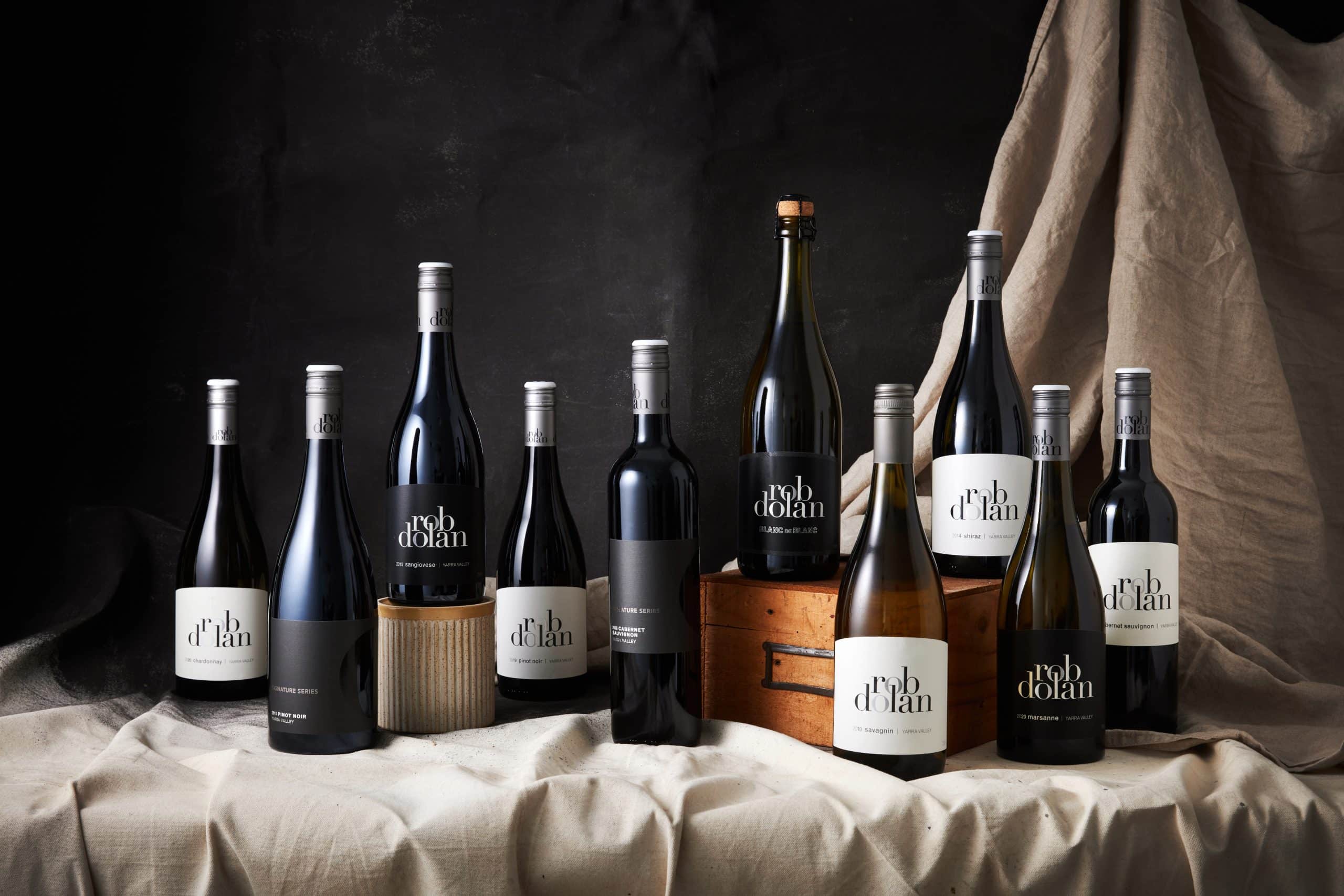
09 Mar How can you tell if a wine will age?
This is a question our cellar door staff get asked all the time. Before we go into that we need a bit of a reality check – most wines aren’t designed to age and are best enjoyed in their youth. Another quick tip is price – wines priced $20 and under are probably not meant to be held. Everyday red wines have a life span of about 5 years while everyday white and rosé wines have a 2-3 year life span.
What Actually is Ageing?
As a wine develops, its colour will change from red/purple to garnet and terracotta for red wines. White wines go from pale straw or lemon in colour (often with a green tinge) to more yellow gold in colour. The aroma and flavour profile will also change. During ageing, chemical reactions occur that vary between varieties, regions and vintages. As these reactions occur they create new flavours which changes the aroma and flavour profile of the wine.
What to Look For when Buying Wine to Age:
Fruit
When a wine is young it smells and tastes of primary aromas and flavours. These are the flavours of the berry – such as red fruits for Pinot Noir, stone fruit for Chardonnay and orchard fruits for Pinot Gris. There may be some secondary aromas and flavours from the winemaking – think toast/vanilla/clove from oak or cream/brioche/bread dough from lees ageing. To be age worthy a wine needs to have fruit to start with.
Complexity
The more aromas and flavours you can smell and taste gives you an idea of the complexity of the wine. A simple wine is one which only has a couple of aromas and flavours and are best enjoyed young. When choosing a wine for ageing, look for wines with an array of aromas and flavours. The more you can taste and smell, the more likely the wine is going to age well. A wine that isn’t complex to begin with won’t become complex with age.
Acidity
Acidity diminishes as they wine ages so if a wine is to have ‘ageability’ it needs to start out with high acidity to go the distance. Acid impacts pH and the lower the pH the more resistant a wine is to oxidation as it ages.
Tannins
As wines age, the tannins bind together to form long chains and these can then fall to the bottom of the bottle creating that sediment you see in old wines. Once this happens the tannins lose their ability to bind with other compounds (ie protein in your saliva) so the wine loses its astringency and will be softer and more mellow on the palate. Tannins don’t only bind to each other. They can bind to aromatic compounds which means the wine holds on to its old flavours as it gains new ones. This will lead to increased complexity. Tannins also preserve wine as they are anti-oxidants.
Tips on Ageing Wines
Very few of us have a cellar so wine fridges are the way to go. Temperatures between 10 and 15oC are best and consistency of temperature is key. Fluctuating temperatures will accelerate ageing four times faster than consistent temperatures. If the wine is under cork store the bottle on its side to prevent the cork from drying out. Humidity of around 70-75% is best since a too humid environment will cause mould to form on the cork and possible contaminate the wine. A too dry environment will cause wine to evaporate through the cork at the same time as sucking air in to the wine which will cause oxidation. Screw capped wines can be stored upright and humidity is less important.
If you want a sense of what happens as wines age, check out our ‘10 years of Rob Dolan’ cellar pack. Myself and Rob have curated wines that are ready to drink now and others that will reward you with ageing (we include a guide which indicates prime drinking age). The pack includes a mix of both current and museum wines, which usually aren’t available to purchase.


